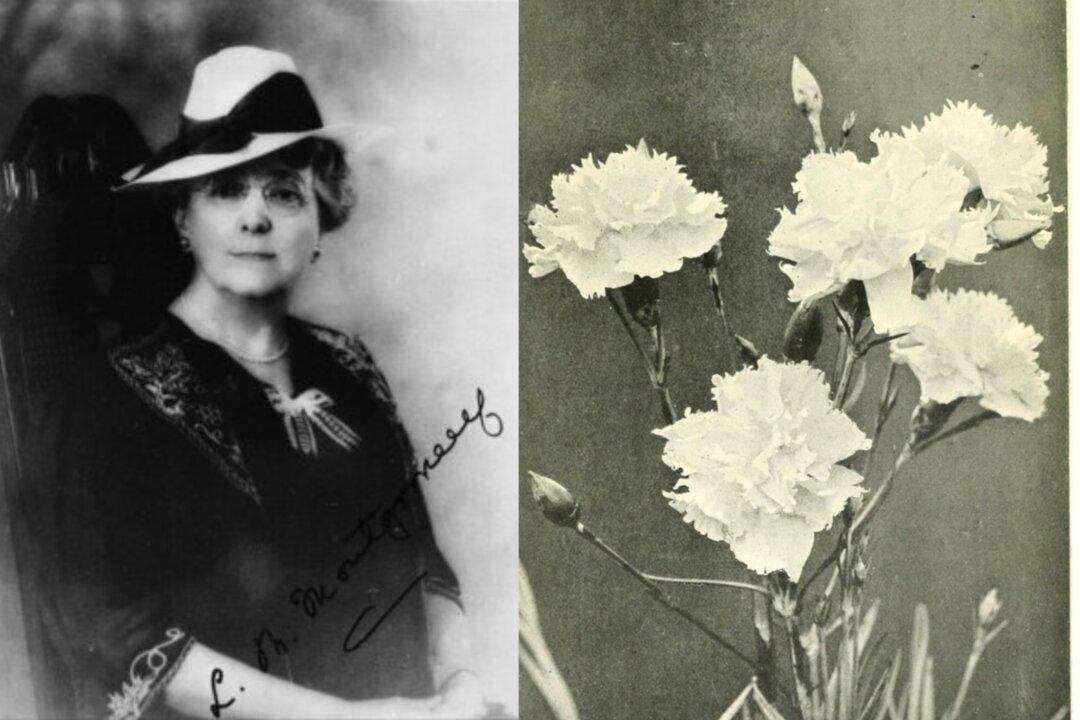In 1943, The Saturday Evening Post commissioned the eminent American poet Stephen Vincent Benét to write an essay to accompany Norman Rockwell’s painting “Freedom From Fear.”
In Rockwell’s painting, we see a husband and wife tucking their son and daughter into bed. This picture seems to represent safety and comfort. The children look peaceful in a warm bed, a doll lies on the floor, a picture hangs on the wall, and a warm light shines from the floor below.






